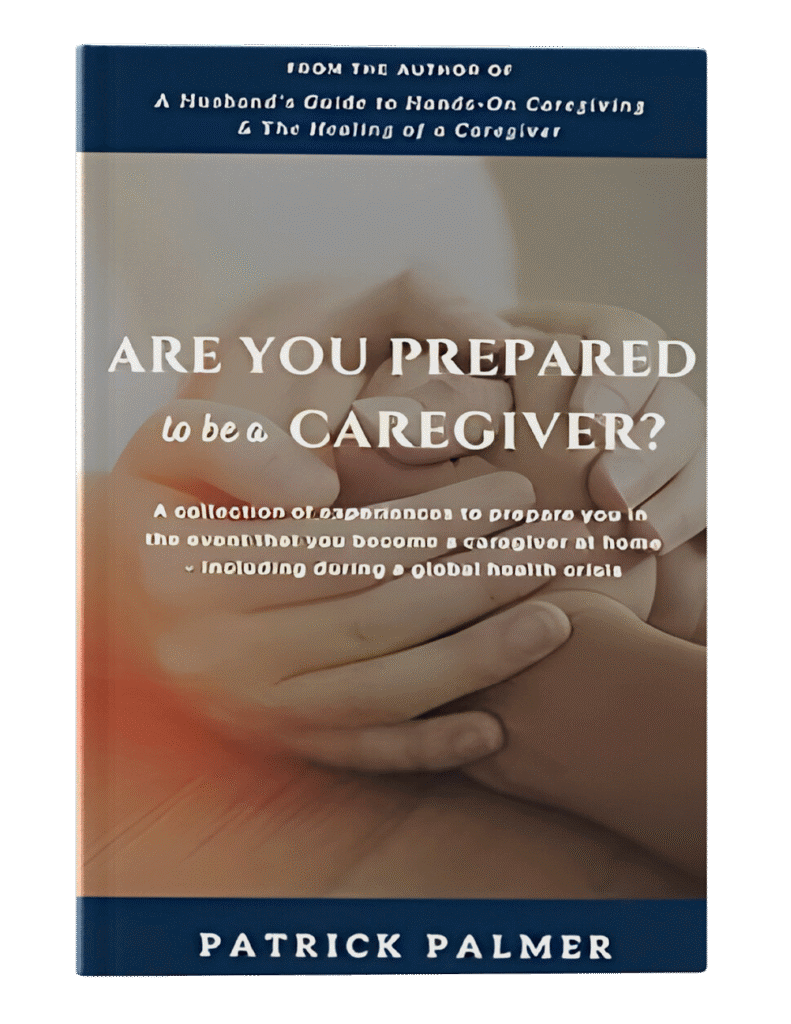12 Must-Have Qualities of a Good Caregiver: What Makes a Great Caregiver?
Caregiving goes beyond the physical assistance of daily chores; it’s a part of lending emotional support and trust. But to be the best caregiver, what do you have to do? Is it just the kindness factor, or is there more to it? The fact remains that a superb caregiver is endowed with numerous qualities that make him or her an effective and indispensable resource.
The article is going to cover all the necessary 12 qualities of a good caregiver. Regardless of whether you are a professional caregiver or are a newbie, these tips may serve as some guiding light that could help you support those in need in the best way possible. Ready to learn how to be a good caregiver? Here you go!
12 Qualities Every Caregiver Should Have

1. Compassion and Empathy
The whole aspect of caregiving is not limited to physical tasks but definitely has to do with showing that a person truly cares. Excellent listening and connection could make a world of difference for the patient. It’s like when you feel down and someone understands you, that’s what empathy in caregiving is all about. Studies show that when patients feel emotionally supported by their caregivers, their anxiety and recovery time decreases.
2. Tolerance and Patience
If you ever wonder what are 12 qualities of a good caregiver are, add patience to the list. Many times there will be cases that are far from ideal, for instance, a slow-on-the-draw patient or an agitated child. In these cases, patience becomes the most important virtue. You would not want to rush a friend who is having difficulty explaining something. Thus, patience in caregiving would help build trust and make the relationship flourish.
3. Reliability
You know what we are talking about if you ever counted on someone only to find them missing in action. Reliability is non-negotiable for a caregiver. Patients must know that they can depend on their caregiver to show up, follow the same routines, and keep promises. A reliable caregiver will create that secure feeling, but more than that, it is a huge relief to families. Efficiency improves, and that’s precisely what patients need each time a caregiver steps through the door.
4. Good Communication Skills
When we say what are 12 best qualities of a good caregiver, the fundamental secret is communication. Good communication means noticing when the patient is off even when they do not say anything about it. It means asking questions, reading body language, and making sure everyone is on the same page. Good communication is the foundation for a trusting relationship that makes facing tough times easier.
5. Physical Stamina
Caregiving is not a sit-back-and-relax type of job, but it can be physically demanding. That’s why good stamina counts. It requires energy to help a patient with mobility as well as lifting. It’s not just about gym strength, but also endurance to handle long hours. Staying fit also prevents injury and lets the caregiver give their best every day. A caregiver who has stamina can keep pace with a patient’s needs like walking, bathing, or just catching up on a busy day.
6. Organization and Time Management
Anyone with a lot on their plate knows that organizing and managing time are two major considerations for getting the desired results. In caregiving, it’s no different! Maintaining medications, scheduling appointments, and keeping chaos at a minimum are the hallmarks of successful caregivers. An essential caregiver must multitask and keep records while staying cool under pressure. Organization helps make the whole caregiving journey a well-oiled machine rather than a means to stress out.
7. Problem-Solving: A Crucial Trait in Great Caregiving
Caregiving rarely travels along a straight path; instead, it can become an intricate maze of unpredictable challenges. That’s where problem-solving skills come in. Say a patient presents an unexpected drug reaction; a caregiver must know the right response without panicking. Problem-solving is about being resourceful and finding solutions when things don’t go as planned. It’s the difference between getting stuck and finding a way forward in tricky circumstances.
8. Humor – One of the Underrated Caregiver Traits
Laughter is the best medicine, and it applies to caring! A good sense of humor helps diffuse tension and clarifies tough moments. It is not about telling jokes at inappropriate times but about knowing when to use humor to level with the patient and ease their fears. A light spirit will pull one through a hard day. Laughter is contagious and one of the simplest ways to build rapport and trust.
9. Essential for All Good Caregivers
The domain of caregiving is in constant flux. At one time, a patient may need assistance with mobility; at another time, they may need help performing an entirely different function. That is why flexibility is indispensable. A good caregiver is flexible enough to match any need when presented. Adaptability ensures that the patient’s needs will still be met through all the spontaneous changes.
10. Attention to Detail – A Sign of an Excellent Caregiver
Small details often have a large effect on caregiving. Attention to the nitty-gritty means everything under the sun; it may include the slightest variation in a patient’s behavior, tracking the dose of medications, or making sure that the patient has that favorite blanket nearby. What great caregivers catch, though, are small things that become a big deal in the patient’s comfort and well-being.
11. Respecting Privacy – Core Quality of Great Caregiving
An excellent caregiver defines a good balance between caring and boundaries. No action undertaken without consent means that the patient is not treated as if he is totally helpless. For instance, say, if he needs assistance in bathing, a caregiver would try to make this as private and comfortable as possible. Dignity is not just courtesy but arguably one of the best ways to earn trust and create relationship trust.
12. Uplifting Quality of a Good Caregiver
Let’s face it: sometimes it isn’t the easiest thing in the world to be a caregiver. What keeps you going is a positive attitude. A caregiver remains optimistic notwithstanding trying times and keeps up with the atmosphere, which also leads the patient to remain hopeful. It could be an encouraging word or a simple smile, changing unfortunate days into life’s minting and deepening opportunities.
Conclusion: What Truly Defines a Good Caregiver?
Qualities that mark a great caregiver go far beyond merely providing physical help. Using these 12 different attributes of a good caregiver mentioned here, you will transform and create highly emotional, physical, and mental impacts for your patient.
Learn from Real-Life Caregiver Patrick Palmer
A compassionate caregiver and an advocate in the cancer research field. Patrick cared for his late wife Angela through her six-year battle with terminal cancer. His own experiences inspired him to write several books that preserve much wisdom and advice for caregivers. For those who want to learn more about caregiving from someone who’s truly lived it, visit here.




